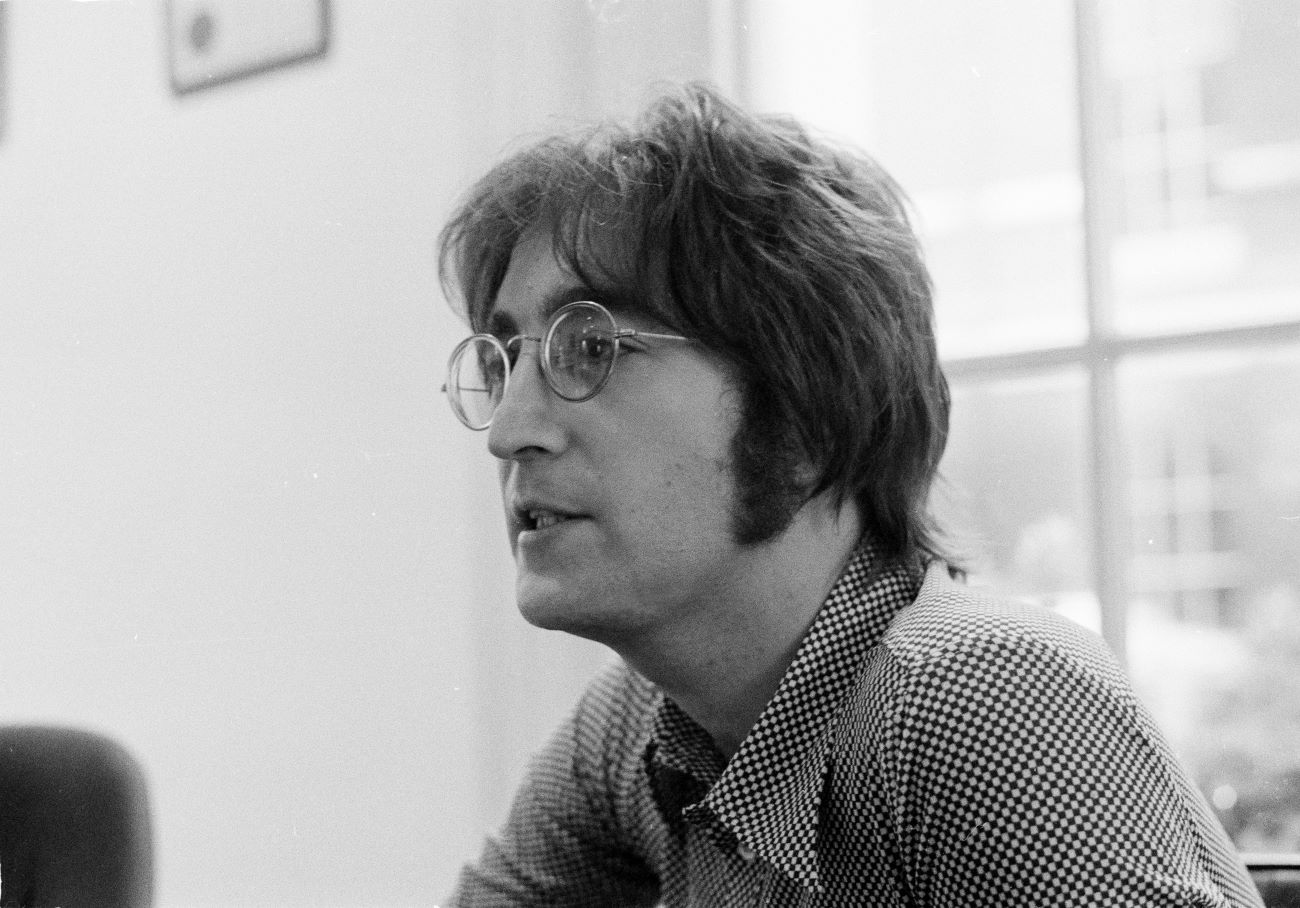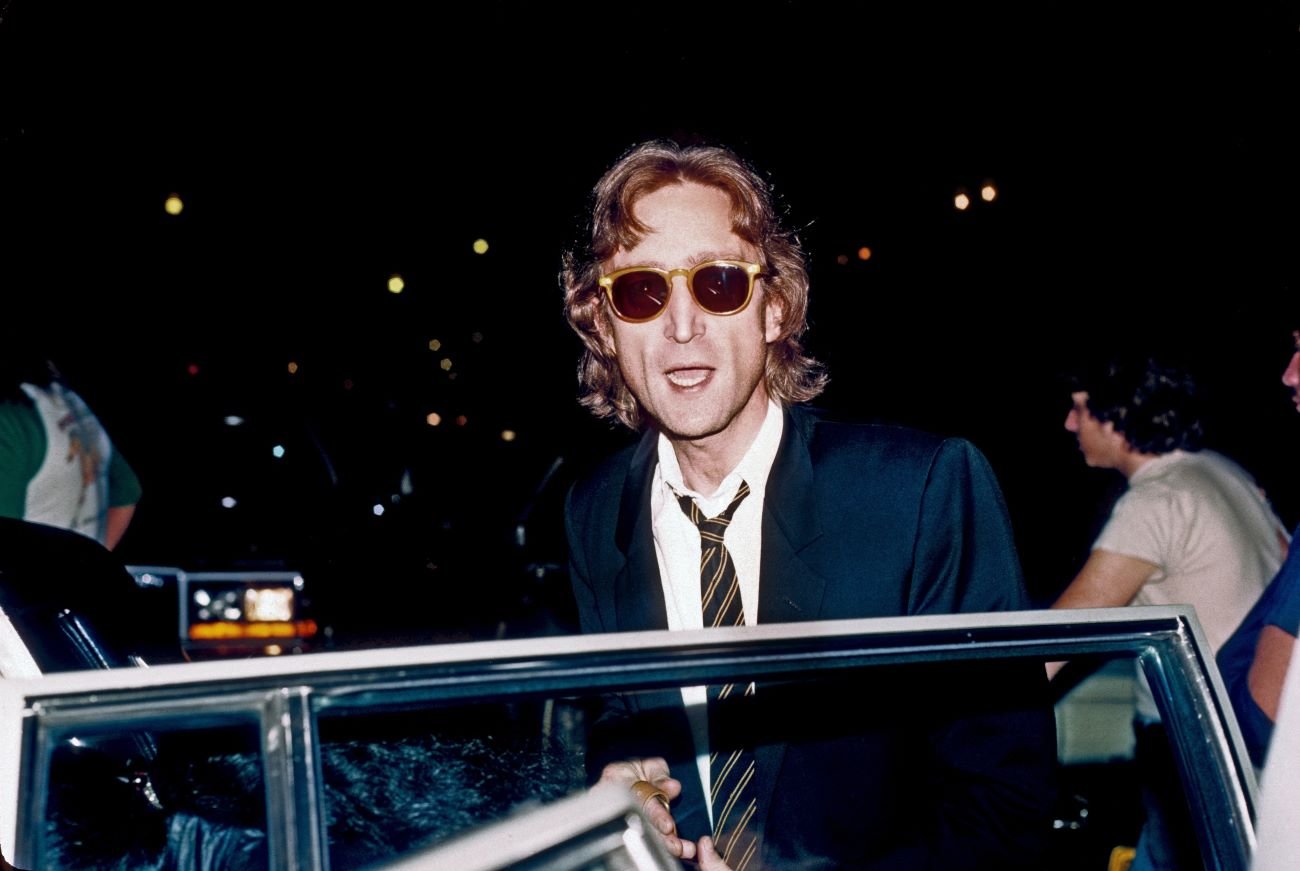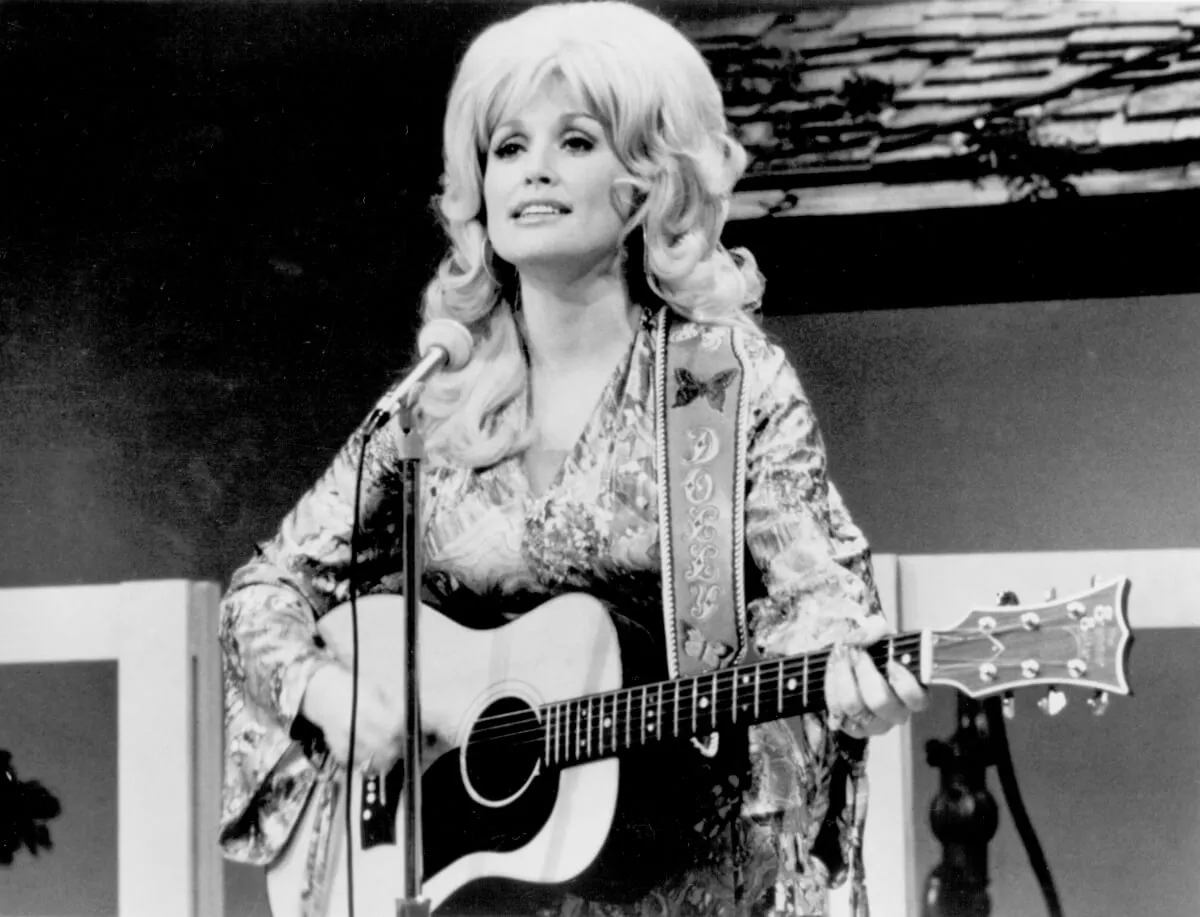
John Lennon Decided to Stop Being Angry to Help His Career
John Lennon had a widely celebrated career in his two decades in the public eye. After years in The Beatles, he shifted into a solo career in which he aimed to make more “meaningful” music. For him, this meant songs with political messaging and public protests against the war in Vietnam. He also gave a number of charged interviews about his former bandmates. During the 1970s, a promoter advised him to be less publicly angry as a way to ameliorate his public image. He agreed that this was a good idea.

John Lennon wanted to release more meaningful music in his post-Beatles career
After The Beatles broke up in 1970, Lennon rushed to set himself apart from the members of his former band.
“John immediately went into his home recording studio, even though it was still under construction, to make a new solo album, Imagine, which he hoped would show the world where he stood in relation to the solo albums of Paul McCartney,” Lennon’s girlfriend May Pang wrote in the book Loving John.
Lennon also wanted to make music that would be, in his eyes, more meaningful than what The Beatles had produced.
“It would make a meaningful statement and not be wallpaper music — the term John and Yoko used to describe the music of The Beatles,” Pang wrote. “He was also determined that it be more successful than McCartney’s solo albums.”
John Lennon wanted to change his public image to help his career
Lennon did begin to make more politically-minded songs. He and Ono also organized nonviolent protests in opposition to the Vietnam War, which rubbed some people the wrong way. When he gave interviews, he often spoke harshly about his former bandmates and the music they made together. Eventually, promoter Tony King told him to consider changing his public image when Lennon asked for advice on how to promote his music.
“To be honest John,” he said, “you have to do interviews, lots of interviews. You should start doing them now. Between your Rolling Stone interview and your Some Time in New York City album, everybody thinks you’re a very angry man. That’s all you’ve put out about yourself during the last three years.”
He explained that if people didn’t think Lennon was full of rage, they would want to buy his albums.
“When people like you John, they want to buy your albums,” he said. “When they don’t like you or they’re afraid of you or they don’t understand where you’re coming from, they don’t want your records in their homes. It’s as simple as that.”
Lennon found that he agreed.
“Tony’s right,” he told Pang. “Being liked is important. Everybody liked The Beatles, and look what happened.”
He had a reputation for his temper
Outside of his public reputation for anger, Lennon had a temper in his personal life. He flew into a rage and destroyed his bedroom after police came to his house on a noise complaint. At Paul McCartney’s birthday party, he attacked a friend so severely that he worried he would kill him.

Lennon admitted to being violent.
“I fought men and I hit women,” he told Playboy in 1980. “That is why I am always on about peace, you see. It is the most violent people who go for love and peace.”
How to get help: In the U.S., call the National Domestic Violence Hotline at 1-800-799-7233 or text START to 88788.


